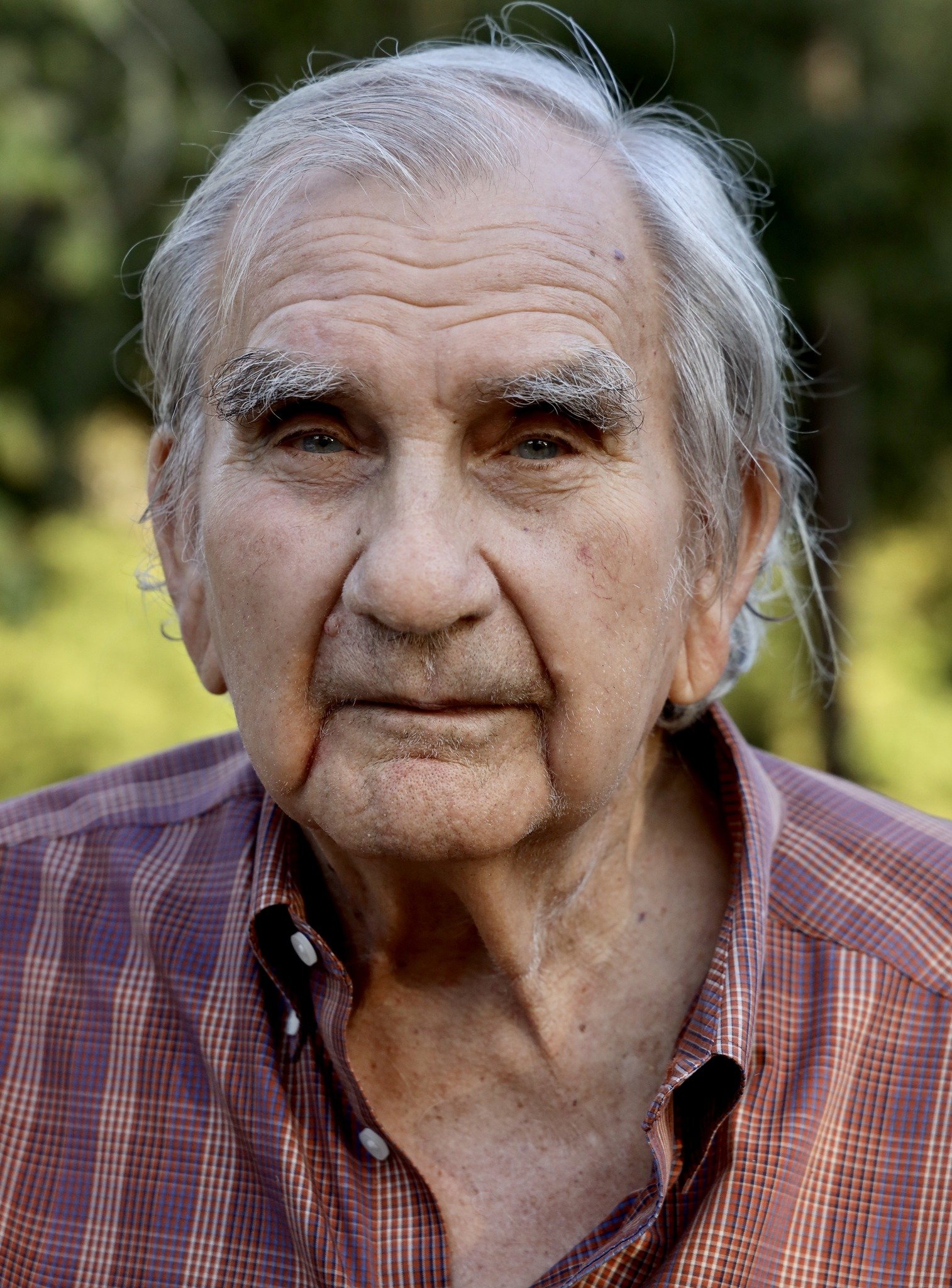If you're reading this it means you are aging successfully. Otherwise you would be dead.
Ageism, like racism and sexism is a social construct. That means we made it up...and it will change over time. At the heart of those and other "isms" is stereotyping, which is the assumption that all members of the group are the same. Ageism legitimizes and sustains inequalities between the young and those of us who were formerly young.
While the ageism door swings both ways, as in "he/she is too young for that," I'm going to focus on side of the portal where those of us who have accumulated significant life experience are standing. The truth is, regardless of your age, you are an "old person in training," which is a term coined by Ashton Applewhite in her excellent book, "This Chair Rocks - A Manifesto Against Ageism."
For almost 1900 years, being older bought you a certain level of status. Granted, that status was almost exclusively reserved for males. Still, "olders" were held in high esteem as teachers, cultural leaders, and those in charge of the oral history of their social group. They were living libraries and possessed valuable skills. In its early years the U.S. was founded and run by older men. Young folks had to climb the ladder of power and age into positions of authority. Back then, it wasn't a "glass ceiling" that limited your upward mobility, it was an "ass ceiling." You had to wait for some geezer to die or retire in order to get a promotion.
The Industrial Revolution and all the rapid social change that accompanied it turned aging from a natural process to a problem to be solved by science, social programs, and retirement villages. Post WWII prosperity and the accompanying "baby boom" brought forth rampant consumerism and a focus on youth culture. "Don't trust anyone over 30," a phrase from the mid '60's might have been the first shot in the war between generations. People began to fear aging. Younger people began to show disdain, even intense dislike, toward "olders."
For all that we gained in prosperity and the greater use of technology, there was a significant societal loss. We stopped looking at the value and meaning that is in every stage of our lives. Once again, we found the need to make another group "less than."
